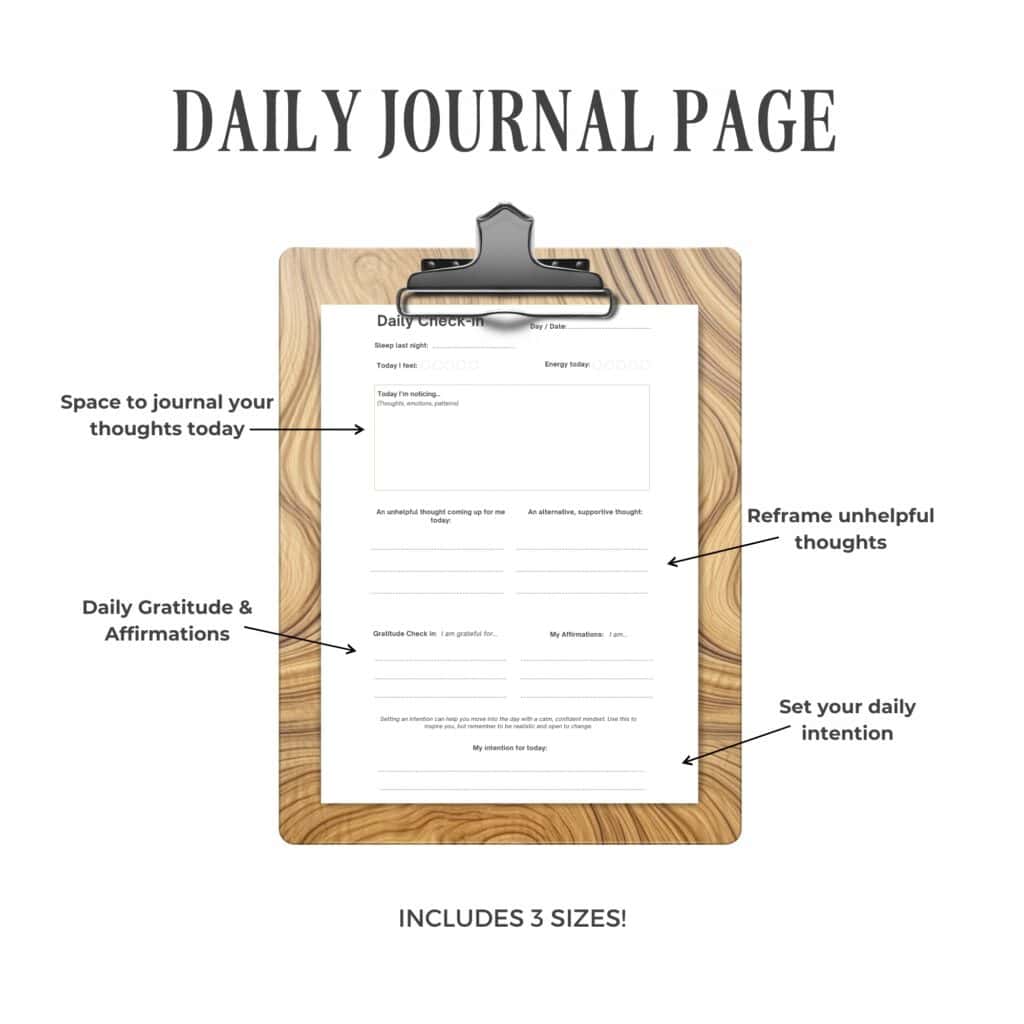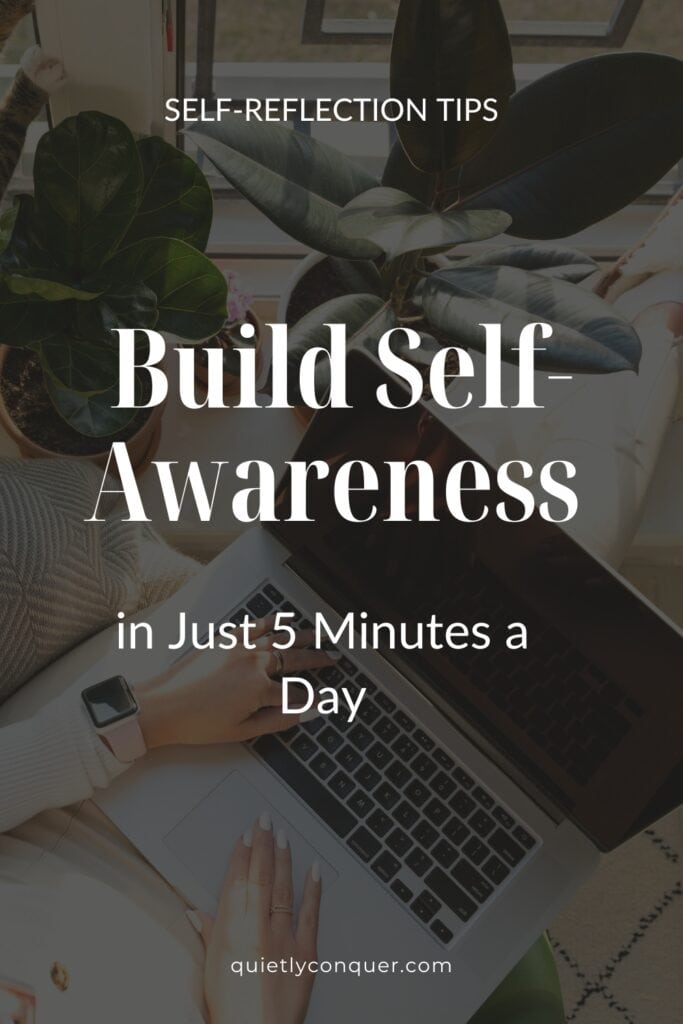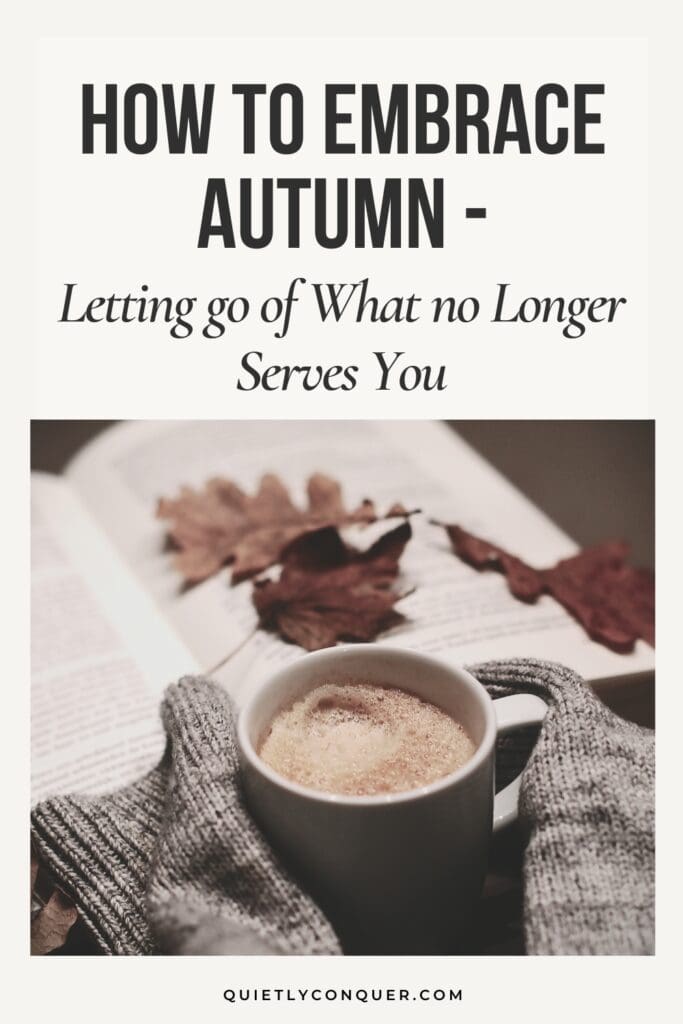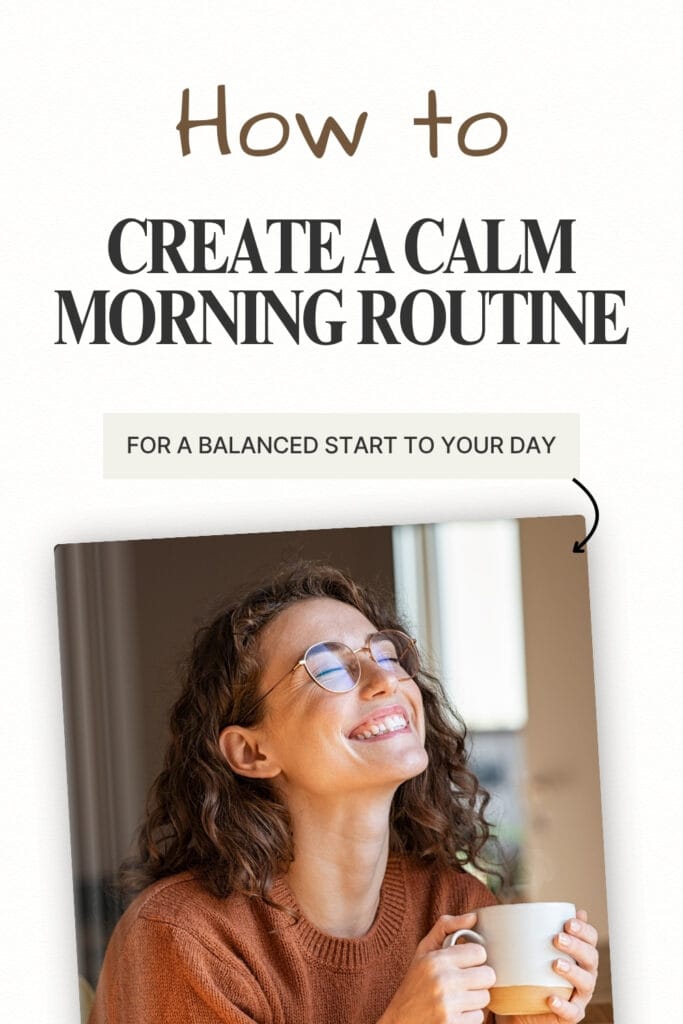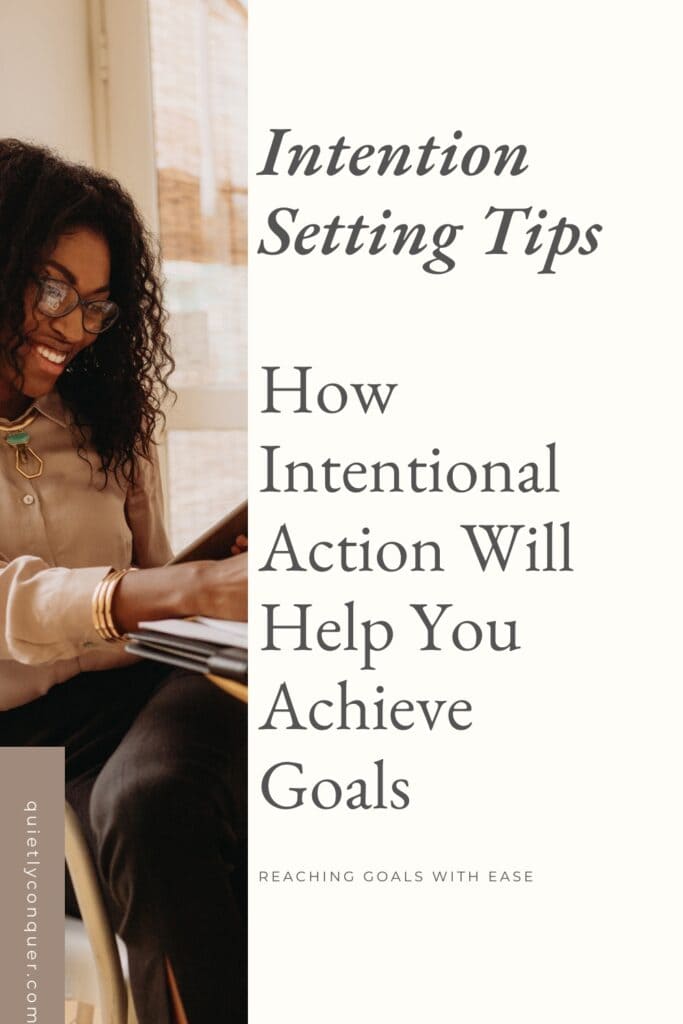Journaling for Mental Health and Personal Growth
Journaling for mental health & personal growth
Journaling for mental health & personal growth is something that can help improve your sense of happiness, mental health and wellbeing.
As a therapist myself, it's something I've always encouraged my clients to try if they haven't before. Journaling isn't just about processing difficult emotions, it's something you can do to reflect and review on day to day life.
If you're travelling you may want to keep a journal to remind yourself of moments experienced. Or if you're a student, a journal may be something you need to keep as you're completing your research.
Whatever you use journaling for, it allows you to process thoughts, feelings and experiences. For mental health journaling, it can help to free your mind of cluttered and unhelpful thinking patterns.
As a bonus, at the end of this post I've included 75 guided prompts that you can use to kick start or refocus your journaling practice.
*Affiliate Disclosure: Some links in this post may contain affiliate links. If you purchase something via the link, I may receive a small commission. This doesn't affect the price you pay.
If you have any questions, reach out for a chat [email protected] or check out my other blogs
Table of Contents
What is Journaling?
Journaling for mental health is simply the practice of writing down your thoughts, feelings, and experiences. It's a space to reflect, process, and understand yourself better. It isn’t about perfect handwriting or daily commitment; it’s about creating time to pause and connect with yourself.
Through journaling, you can release worries, notice patterns, track your growth, and bring a sense of calm and clarity to your mind.
If you're working through challenges in therapy, a journal can be a useful companion to process the things you discussed during your session, and reflect on things in between. It can help you explore your reflections and process the different themes that arise during and after sessions.
Journaling is a great tool for improving your mental health, easing feelings of overwhelm, and calming a mind full of thoughts, ideas, and worries.
Benefits of Journaling For Mental Health
Journaling offers lots of benefits for your mental health and emotional wellbeing. It's a simple tool that helps you slow down, process your thoughts, and create clarity. Other benefits include:
- Increased gratitude and feeling of happiness
- Monitoring progress towards personal or professional goals
- Tracks symptoms (physical or emotional)
- Declutters your mind through brain dumping
- Supports problem solving and decision making
- Processing feelings
- Understanding and challenging unhelpful thinking patterns
- Relaxation & stress reduction
- Explores triggers for anxiety, stress, or worry
- Improves your self-awareness
- Encourages positive self-talk
- Memorising meaningful experiences & events
- Supports positive daily routines
- Helps to improve sleep as part of a relaxing evening routine
Journaling for mental health is something anyone can use to support or improve their wellbeing. It's beneficial for anyone, even if you don't experience mental health difficulties.
Regular reflection helps you maintain positive mental health, encouraging gratitude and healthy daily routines.
When you make the time to regularly reflect and process thoughts, feelings and triggers, you naturally become more self-aware. This makes it easier to understand your emotional responses, and manage reactions to challenging situations with more confidence.
It's also important to be aware though, that this kind of introspection can bring up difficult emotions, and leave you feeling unsettled or upset. If you're working with a therapist or coach, talk to them about anything your journaling brings up.
If you're not working with anyone, be sure to include some self care practices like grounding exercises, afterwards. Please do seek support if needed.
Types of Journaling
Guided Journaling
Guided journaling uses prompts or questions to focus your writing. It provides structure and helps you reflect on specific areas, for example: Confidence, self-esteem, stress, relationships, or gratitude.
It’s particularly helpful if you’re new to journaling or find blank pages intimidating. Prompts can gently direct your thoughts and give you a starting point for deeper reflection
See below for a collection of journaling for mental health prompts. Plus you can take a look at some of the journals I have created
If you're new to journaling, guided journaling can be a great way to build a journaling habit.
Free Flow Journaling
Free-flow journaling is the opposite of guided journaling, because there are no prompts to guide your writing, it's just you and your thoughts. It’s a brilliant way to simply empty your mind freely without limits.
You can set a timer for 10–20 minutes or simply write until you feel complete. I like to get comfortable, light a candle, and play relaxing music to help my mind relax.
Try not to judge what you write. Don’t worry about grammar, spelling, or whether it makes sense, the goal is to let your mind wander, and allow the thoughts to come into your consciousness as you write them down.
Free-flow journaling is especially powerful when you feel low or stuck but can’t quite identify why. You might start with a simple question like “Why am I feeling this way?” and let your thoughts come naturally.
The act of writing itself brings a sense of release or clarity, and reading back can be a great way to gain insight into what's actually going on for you below the surface.
Gratitude Journaling
Gratitude journaling is a journaling technique to help improve your happiness by focusing your attention on the positive things you already have in your life and experience each day. It's one of the simplest, yet most effective ways to improve mood and happiness.
Writing down a few things you’re grateful for each day helps shift your focus from what’s missing to what’s already good. It’s especially helpful if you struggle with anxious thinking or self-doubt, as it retrains your brain to notice the positives.
This isn't about toxic positivity, it's simply seeing that there are still good things around you, even when times feel difficult. Gratitude journaling can bring some much needed perspective.
This Daily CBT journal page includes a short gratitude list, and is something I tend to include on most of my journals or planners now.
Therapeutic Journaling
Therapeutic journaling can be used alongside therapy/counselling, or independently as part of your own self-care or personal growth journey. It involves exploring patterns in your feelings, behaviours, triggers, and responses.
It’s an effective way to make sense of emotions, track personal growth, and recognise recurring themes in your life.
When I was training as a therapist, I found this type of journaling invaluable for noticing what triggered me and understanding why. Sometimes I shared reflections in therapy sessions; other times, but most of the time I used it as my own personal space where I could make sense of the things I was feeling.
Sometimes I would share my reflections with my therapist if it felt important, but most of the time I used it as my own personal space where I could make sense of the things I was feeling.
You can use therapeutic journaling to:
- Track emotional triggers and patterns
- Reflect after sessions
- Reflect after challenging days or events
- Process your thoughts before they build up
Academic Journaling
Academic journaling helps you stay organised and focused if you’re studying or working on research.
It’s a space to capture ideas, record insights, and track progress, which helps prevent overwhelm and mental clutter.
I often recommend this method to students who feel stuck or overloaded. Keeping a notebook nearby (especially by your bed), allows you to jot things down as they arise, freeing your mind to rest.
When I was completing my Masters Degree Research, journaling became my “night-time brain dump.” It helped me process information, clarify ideas, and finally be able to switch my mind off from the research.
Depending on type of the research you're doing, an academic journal may be a formal requirement. Similarly, trainee counsellors are usually required to keep a “reflective account” where they work towards the criteria by keeping a reflective journal.
Creative Journaling
Creative journaling is what it says on the tin! It combines words, art, and imagery. It might include drawing, painting, collage, doodling, or even using stickers and magazine cut-outs.
It’s not about artistic ability, it’s about expression. The process itself can be highly effective, and is often used with children and young people.
Whether you’re adding colour to your words, creating vision boards, or sketching emotions, creative journaling helps you express what can’t always be put into words.
It can be written or creative, it's completely up to you and how you want to express yourself.
Daily Journaling (Morning or Evening)
Journaling for mental health and wellness doesn't have to be complex or take lots of your time. You can journal and reflect on your thoughts and feelings in as little as a single word or short reflection.
Daily journaling is a great way to introduce positive habits and set yourself up for the day.
Many people like to write in the morning to set intentions and focus their mind for the day ahead, and again in the evening to wind down and reflect..
A morning journal might include your mood, energy level, and an intention for the day ahead:
“Today I will approach challenges with calm and patience.”
Evening reflections can then help you process your day by reflecting on:
- What went well
- What felt difficult
- What you’re grateful for
- How you responded to triggers or challenges
How to Start Journaling
Starting a journaling practice doesn’t need to be complicated. The best approach is to simply begin. Don't overthink it, grab a journal, notebook or digital app and start writing!
- Decide how often you want to write, and if your journaling is for a specific reason.
- Choose the format you want to use. Do you prefer prompts or are you going to use free flow or creative journaling?
- Let go of judgement. If you're journaling for mental health, you may experience self-criticism or feel self-conscious. Give yourself permission to be free with your journaling. Nobody is going to read it but you, and your thoughts and feelings are all valid.
- Choose a time when you'll sit down to journal. It may be part of your morning or evening routine. Light a candle, or pop some relaxing music on.
- Just start writing! Begin by writing down a few things that happened today. Or, take a moment to connect to your body and your emotions and write down your observations.
If you're stuck, use prompts and set yourself a timer for a few minutes. Take some calming breaths and let go of any beliefs or expectations you have around “doing it right”.
The more you write, the easier it becomes. Over time, journaling turns into a daily habit that brings clarity, calm, and a deeper connection to yourself.
75 Journal Prompts for Mental Health & Personal Growth
- What brings you the most enjoyment in life & how can you begin to do more of these things?
- How do changes in your life make you feel & what do you currently do to manage these changes?
- When was the last time you felt completely seen as who you really are?
- What tends to help you feel calmer when you're facing something challenging or experiencing anxiety?
- What do you appreciate the most about your closest friend and why are these values or traits important to you?
- What are you most anxious or uncertain about at the moment? Where do you think it's coming from, and how are you currently managing these feelings?
- If you felt confident in all areas of your life & in yourself, what things would you do or say?
- What are your favourite memories (as a child or adult) and why are they your favourite?
- What do you find most challenging in your day to day life, and describe what makes it difficult for you.
- Describe a time where you achieved something that you didn't think was possible.
- What are your biggest worries? How likely is it that these worries will happen?
- Where do you feel the most calm and at peace? Describe the space, the sounds, smells and feeling when you're there.
- List 5 things you are grateful for today
- What do you like most about yourself and why?
- When your mood is low, what are the common feelings you experience?
- What motivates you the most? How can this help you improve your life now?
- What's your favourite part of the day & why?
- What piece of advice would you give to your younger self & why is this important?
- Write about a time you achieved something that made you proud?
- Write a letter describing your hopes and dreams and address it to your future self.
- How can you add more self care into your life?
- Describe an activity or craft that you'd like to make a hobby. What do you need to do to make this a reality?
- Write down a limiting belief that you have. How could you challenge this belief?
- How do you speak to yourself? Could you show yourself more kindness?
- What qualities do you have and which is your favourite?
- What do you need to forgive yourself for? Is there a mistake or regret that you're still holding on to? How can you move on from this?
- How can you bring more fun into your life?
- Think of one of your limiting beliefs, what evidence do you have to prove it isn't true?
- Describe your favourite kind of day
- Describe the last time you faced something difficult. How did you get through it?
- What instantly puts you in a positive or good mood? Describe it.
- What is your most frequent positive thought? How can you use this to increase your confidence and lessen your worries?
- What is really holding you back right now?
- If your friend was facing a similar situation, what advice would you give to them?
- What is the bravest thing you've done? How did you feel afterwards?
- When you feel overly worried or anxious, what are you usually thinking about or experiencing?
- How do you feel physically when you're worried or anxious?
- What areas in your life are you neglecting? What can you do to change this?
- How much time do you spend on social media. How do you feel about this and how can you change things if it's too much?
- When was the last time you compared yourself to someone else? What was the end result? How did it make you feel?
- If it was guaranteed that you wouldn't fail, what dream / goal would you aim for?
- How would a friend describe you?
- What do you wish you were better at? Why?
- What are the values that are important to you?
- How realistic is your current worry / fear? ow likely is it that it will happen?
- When do you feel the most settled and calm?
- What activities energise you?
- What would you love people to understand about you?
- How comfortable are you with being fully you? What parts of yourself do you hold back and why do you think this is?
- What is your favourite quote or saying? Why does this inspire you?
- What frustrates you the most and why do you think this is?
- What inspires you?
- How do you feel physically when you're stressed or upset?
- How do you usually pick yourself up when you've faced something difficult?
- How would you describe yourself?
- What could you do to simplify your life right now?
- If you could have an extra hour in the day, how would you spend it?
- What would you say is your biggest insecurity? How does this impact you?
- After a long day, what's your favourite thing to do? Describe the feelings associated with it?
- What would you like to be remembered for?
- What makes you feel happy and why?
- Are you introverted or extroverted? How does this show up day to day?
- What is something you envy in someone and why is this?
- What advice would you give to your 16 year old self?
- If you could change something in your life right now, what would it be and how would it make a difference?
- What brings you the most joy?
- How are your boundaries? Do you need to make some changes?
- What is the best way to protect your energy?
- What could you start doing today to help improve your physical and mental health?
- How confident are you feeling right now? What can you do to improve this / or how did you begin to feel this confident?
- What makes you valuable as a person? Describe at least 5 positive things that about you that demonstrates your value.
- Think about how you talk to yourself when you're struggling. Is the inner dialogue helpful or unhelpful? What needs to change if unhelpful?
- If a friend came to you for advice on how to be kinder to themselves, what would you say?
- Is there something that's holding you back from working towards a goal? If yes, imagine and then describe how you will feel once you make a start.
- Think about a time you put off doing something that you didn't want to do. Describe how it felt whenever you thought about it, then how you felt once you did it. How can you apply this lesson in your life today?
If you want to download these prompts, see below!
Tools Resources & Support
Below are some of the resources I have for journaling:
Mindset & Wellness Worksheet Bundle – A set of worksheets and activities to help you improve your confidence and sense of wellbeing. A great selection of printable mental health & therapy & coaching tools for personal use, or to use with clients.
Thought Shifting Workbook – This mini journal & workbook is perfect if you're looking to challenge negative thought cycles
Life Balance Wheel – Gain clarity of your current reality, identify areas that may be holding you back, and create a plan to make long lasting change
Impact Stationery – Have you ever dreamed of creating your own high-end stationery products? Laura has an amazing course & community designed to help you created printed products that you can market on Amazon, or your own website. It's different to KDP in that they're not print on demand, and the quality of products are incredible.
75 journaling for mental health prompts – Free PDF download! Includes prompts and blank journal pages you can print and use every day.
Final Thoughts
Journaling is a brilliant tool that anyone can do. There are many different types of journaling, but the one important thing to remember, is that there's no right way to do this!
Do what feels good and what feels comfortable. If you want to record voice notes – do it! If you prefer to buy a beautiful notebook or journal – do it!
The most important thing is to just start. If you're working alongside a therapist, talk to them about it and ask any questions you may have. If this is something you're working on yourself, be sure to approach it with a zero judgement attitude.
We are usually our own biggest critic, so make an agreement to lay off yourself. If you feel a bit embarrassed about it – own it. It's okay. new things often feel uncomfortable. Show yourself kindness and compassion, and use journaling to support your healing or your personal growth.
*If you find that journaling brings up a lot of difficult feelings and emotions and you're finding it upsetting. Please reach out to someone, this isn't a replacement for therapy.
I find some self care helps me switch off and process things that have come up. I remove pressure and allow myself to sit with it when I'm particularly affected by my journaling.
Not everyone will be deeply affected though, so if you're wondering why it's not – don't! Journaling is personal and will depend on what you're focusing on and using journaling for.
I would love to know how journaling for mental health has helped you, and please share what your favourite journaling prompts are.
If this post helped or you enjoyed reading it, please share one of the images below as it really helps my blog – Thank You!

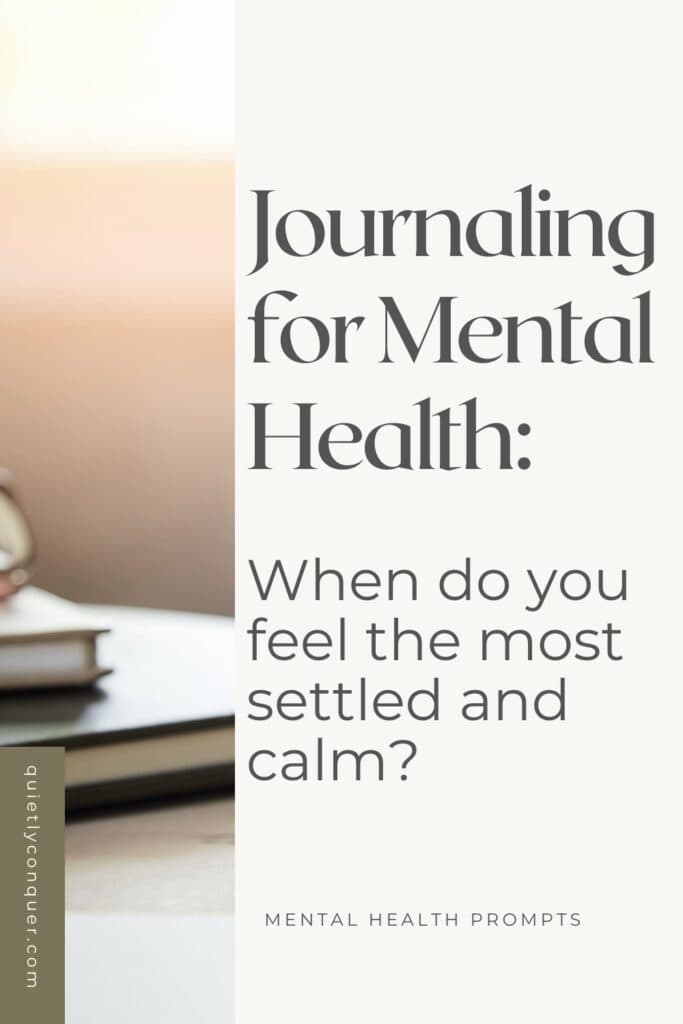

Meet Lynsey
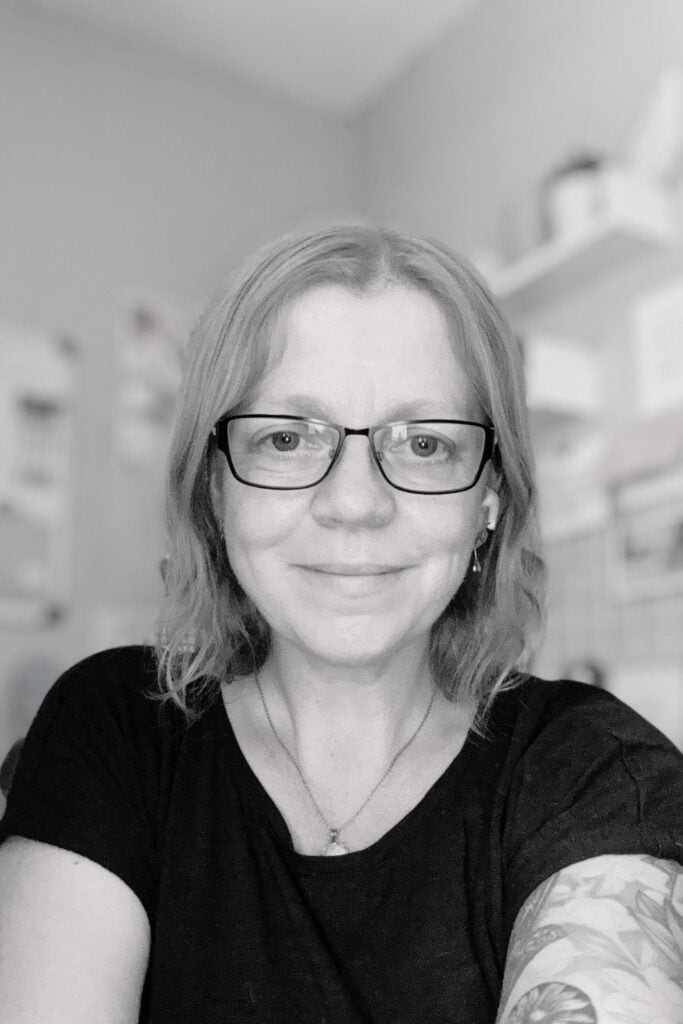
Hey there! I'm Lynsey, a counsellor, coach and mentor for women who want to create change, but are feeling lost, uncertain and exhausted. With over 7 years’ experience of training, running businesses, and over a decade as a tutor and adult trainer, I've learned the value of a gentle and intentional approach to work and life that energises you without draining all of your energy.
I've lived with ME/CFS since 2011, and since then re-trained as a counsellor, and achieved a distinction for my Masters in Counselling and Psychotherapy Practice; all while running 4 businesses!
How? Improving your mindset, finding acceptance in yourself, and developing a gentle, but solution-focused approach to achieving goals is key. Knowing that it's not about how fast you move, but finding your own pace and trusting that you can achieve your goals in your own way, one step at a time.
If you'd like to know more about working with me, you can email [email protected] or find me on socials (links in the menu)
Have you seen my online store Quietly Conquer – Find DFY templates, downloads and more!


